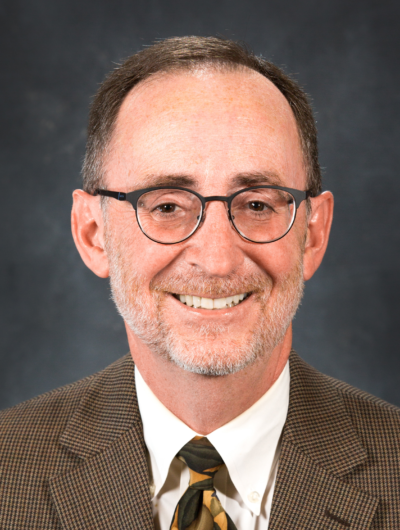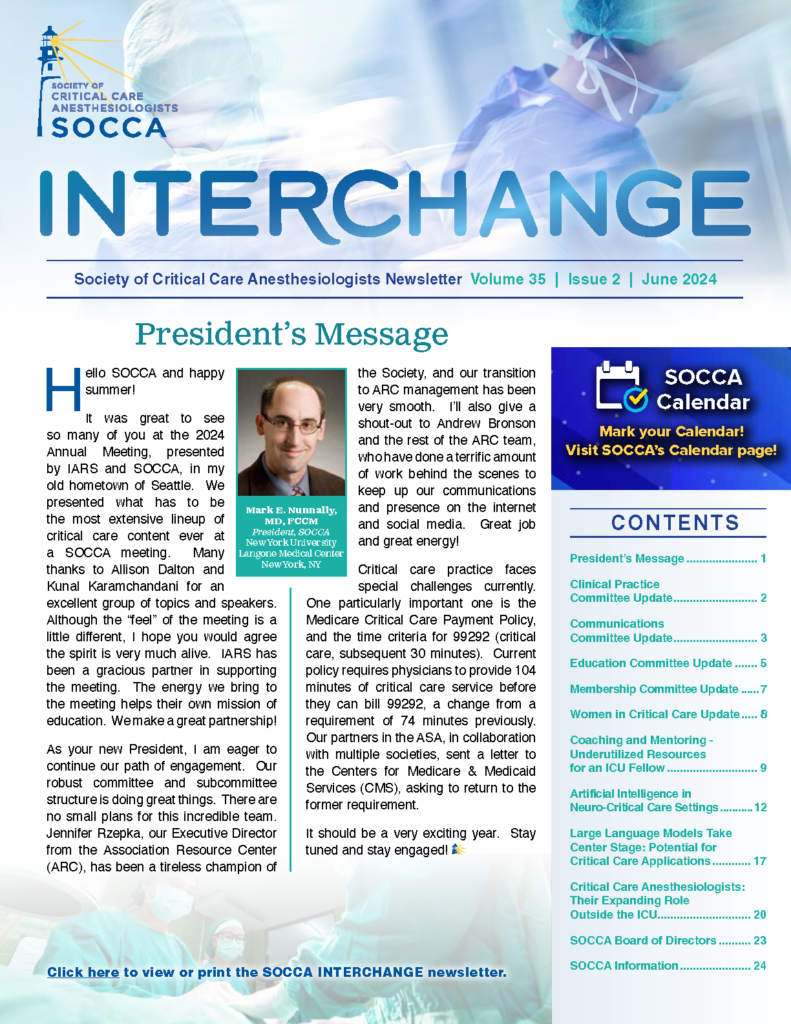ABA’s Response to COVID-19
Given the extraordinary disruption to training and medical practice caused by COVID-19, the American Board of Anesthesiology (ABA) has taken swift action to relax policies, offering increased flexibility for anesthesiologists. The Board has also worked to provide seamless access to educational and mental health resources for impacted physicians.
We recognize that our residents, fellows and diplomates are managing through an unprecedented event with many on the front lines of COVID-19 care. The Board of Directors has tried to assure them that we will do what we can to ensure that our requirements do not adversely affect them during this pandemic.
To demonstrate this support, the Board has addressed a range of questions we have heard from residents and fellows concerned about reduced training hours and forthcoming exams. To allay their concerns, the Board announced in March that mandatory quarantines instituted by programs and healthcare systems would be counted toward clinical hours as trainees could continue studying during quarantine to meet training requirements for exam eligibility. We also offered fellowship programs the flexibility to choose between multiple dates to administer the In-Training Examinations in Critical Care Medicine and Pain Medicine.
Finally, we have waived all exam cancellation, change and late fees, and extended the eligibility for certification by one year for anesthesiologists seeking initial certification. This may be particularly helpful this year as we have had to cancel several APPLIED Examinations, the final step in the initial certification process. We are continuing to work on developing creative contingency plans to get candidates through the exam system as quickly as we can do so safely.
Meanwhile, we have also tried to tackle concerns among diplomates about completing Maintenance of Certification in Anesthesiology® (MOCA®) requirements during the pandemic. The Board has waived all continuing certification requirements for the remainder of 2020. However, our MOCA Minute Committee has developed a series of COVID-19-related MOCA Minute® questions designed to share new knowledge that may be used to safely manage infected patients during the pandemic. Given the evolving nature of the virus and its impact on clinical practice, all diplomates receive COVID-19 questions regardless of their practice profile.
Additionally, we have developed a COVID-19 news and updates website to house all related ABA announcements in one location for diplomates, residents, and fellows. The site also includes pages of helpful COVID-19-related clinical, medical education and mental health resources for physicians managing through the pandemic.
We appreciate the tremendous impact that the pandemic has had on the lives of anesthesiologists and their practice, and are doing what we can to provide value to them during this difficult time. Our diplomates, fellows and residents have our full support.




































